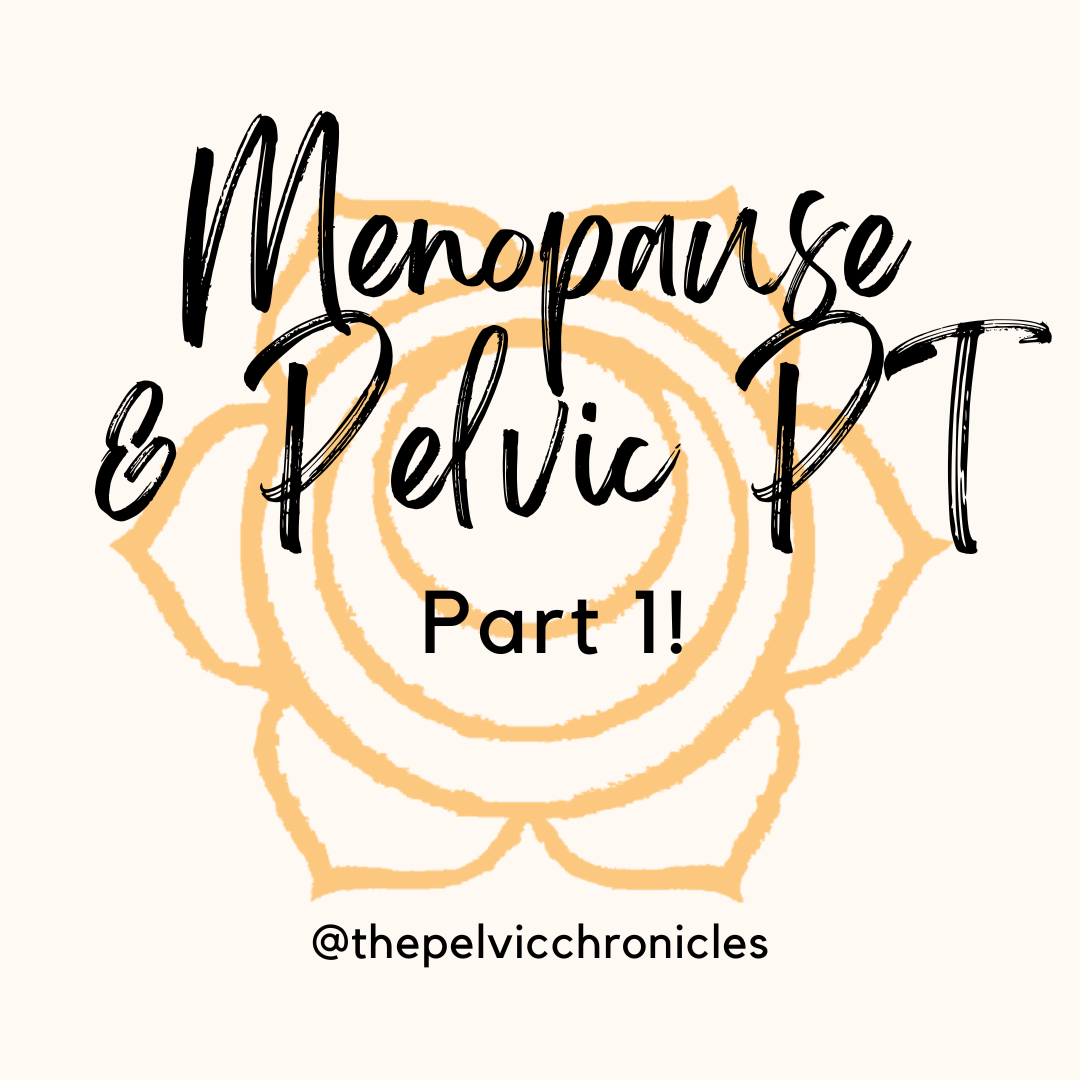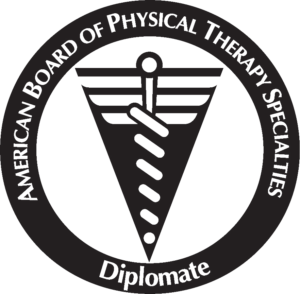
The Next Step: navigating perimenopause and menopause
Menopause is a point in time. It is when you have stopped having a period for 12 months. The transition toward that moment in time can bring on a lot of symptoms, that can be pretty awful to deal with. Did you know that perimenopause can begin 10 years prior to menopause! Most women will begin to experience perimenopause symptoms 5 years prior.
As we age, the hormonal fluctuations that we are so used to during our cycles change. the hormones become less balanced. Because these hormones dictate nearly everything in our bodies, it can have a big impact on many systems. Symptoms like headaches, fatigue, hot flashes, incontinence, vaginal dryness, mood swings, anxiety, depression, weight gain…this list can go on and on.
What doesn’t have to happen is that you just have to take it and shut up about it! There are many things you can do to ease this hormonal storm and they don’t cost you a dime. Lets talk about what you can do to keep these symptoms at a minimum, and who you should seek care from when these tips don’t quite cut it.
The first and most important is EXERCISE. There is almost nothing better to help keep hormones in check. However, just tons of cardio wont do the trick. You need to incorporate strength training, interval training and some plyometrics to help with all of the issues that menopause brings to the forefront.
– strength train 2-3 days weekly with exercises like squats, deadlifts, split squats, lunges, step ups, bent row, bench press or lat pull downs. These are just a few examples working with a PT or personal trainer can be a big help with form and different exercises.
– interval training 2 days a week: you can sprint for 20 seconds, recover for 10-30 seconds and repeat. You can also find a good hill and run up the hill, and walk down for several cycles, or use a Tabata timer and pick something like jogging in place, jumping jacks or jump rope.
– plyometrics is bounding, jumping and it creates great pull on your bones to help with bone health. This can just be incorporated into your interval routine. jumping jacks, side hops, skipping, galloping, box jumps are all examples of this.
The second thing that you have total control over is NUTRITION. This really is a topic for another blog, but in general:
– avoid any and all processed foods
– eat mostly fruits and vegetables
– get a lot of protein, about 1.5 to 2 grams per kg of body weight
– get plenty of fiber 25-30g daily
– choose healthy carbohydrates
– eat cruciferous veggies (broccoli, kale, cauliflower, cabbage, brussel sprouts)
Third you have to manage STRESS. Stress drives cortisol, which drives up your insulin and both cortisol and insulin are the devil when it comes to keeping estrogen and progesterone happy. These hormones are not friends. So, making sure to find time to just be, use meditation, or long walks or hikes, or reading. It does not matter, but what matters is you are taking time to unplug from work, from your phone, social media, the tv, news etc…We all have different interests, but finding something that feels relaxing and enjoyable is what is important. If you struggle with this, seeing a mental health counselor can be a huge help in this area.
If diet and exercise and stress management don’t seem to cut it for you, you should see an integrative medicine provider, and OBGYN or endocrinologist who cares for women during perimenopause and menopause to discuss menopausal hormone treatment that can be a really big help.
If you are experiencing symptoms like urinary incontinence, bowel incontinence, constipation, organ prolapse, vulvar or vaginal pain or osteoporosis a pelvic floor physical therapist can be the perfect provider to help you address these symptoms, develop a plan of care and a lifestyle program to help you take this time in your life and feel good and enjoy the ride.
We offer a free, 15 minute phone consultation so you can have questions answered and make sure you are in the right place for healing!




